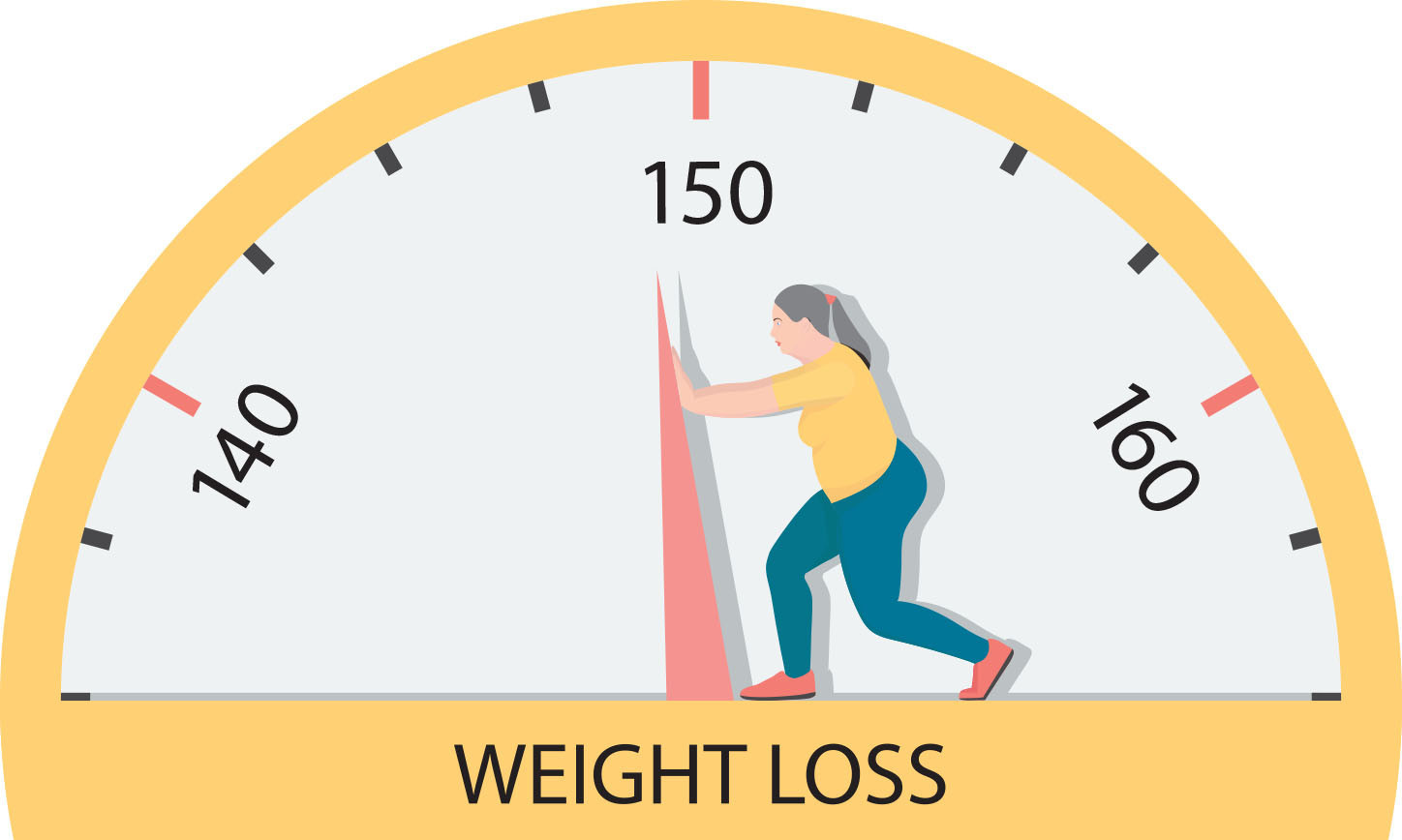
5 timeless habits for better health

What are the symptoms of prostate cancer?

Is your breakfast cereal healthy?

When pain signals an emergency: Symptoms you should never ignore

Does exercise give you energy?

Acupuncture for pain relief: How it works and what to expect

How to avoid jet lag: Tips for staying alert when you travel

Biofeedback therapy: How it works and how it can help relieve pain

Best vitamins and minerals for energy

Should you take probiotics with antibiotics?
Staying Healthy Archive
Articles
The major problem of ministrokes
A transient ischemic attack is a warning of a potential full stroke. Don't ignore it.
An estimated 795,000 people get a first-time stroke every year, and there is a good chance they were warned. Transient ischemic attacks (TIAs), also known as ministrokes, share many of the typical stroke symptoms. Yet they often are mild and brief, which is why they routinely get missed or ignored.
"A TIA is your body sounding a loud alarm that you're at high risk for a full stroke, and you need to listen," says Dr. Erica Camargo Faye, a stroke neurologist at Harvard-affiliated Massachusetts General Hospital.
Will these surprising factors really raise your blood sugar?
Learn what will and won't increase blood sugar levels and put your health in jeopardy.
It's essential to keep your blood sugar from spiking (rising suddenly), whether you're healthy or you're among the 122 million Americans who have diabetes or prediabetes. But with all the conflicting advice in circulation, it can be hard to figure out what foods and habits you need to avoid.
Bogus claims
On the Internet you'll find many reports of factors that purportedly increase blood sugar. Here are a few claims that you should know about because they just don't hold up.
Face masks don’t affect exercise breathing
In the journals
Many people shun wearing face masks when exercising outside or in enclosed gyms because they feel uncomfortable. But another concern is that masks make breathing more difficult, and that rebreathing the higher amounts of carbon dioxide a person exhales when exercising could lead to higher levels of carbon dioxide in the blood.
However, a study published online Nov. 3, 2020, by the International Journal of Environmental Research and Public Health did not find evidence to support either of these worries. Researchers asked healthy, active people to perform cycling exercises until exhaustion on three occasions. For each workout, the exercisers wore either a surgical mask, a cloth mask, or no mask. The researchers found no significant changes in oxygen intake or carbon dioxide blood levels whether the exercisers did or did not wear a face mask. Masks also did not increase heart rates or hasten fatigue.
Inflammatory foods and sweet drinks raise heart disease risk
In the journals
Two recent studies shined a new spotlight on how inflammatory foods and drinks can affect heart disease risk. One study, published Nov. 10, 2020, in the Journal of the American College of Cardiology, looked at the impact high- and low-inflammatory diets had among 210,000 people free of heart disease at the beginning of the study. High-inflammatory diets were defined as those with more red, processed, and organ meats; refined carbohydrates; and sweetened drinks. In contrast, anti-inflammatory diets emphasize leafy greens (kale, spinach), dark yellow and orange vegetables (yellow peppers, carrots), whole grains, fruits, tea, coffee, and moderate amounts of red wine.
Participants' eating habits were recorded every four years for up to 32 years. Those who followed a high-inflammatory diet ended up with a 38% higher risk of heart disease and a 28% higher risk of stroke than those who ate a low-inflammatory diet.
Statin side effect could be due to the "nocebo" effect
In the journals
People who are worried about statins because of possible side effects may experience what's called the "nocebo effect" when they try taking the drugs. This is the opposite of the placebo effect; with the nocebo effect, people who have negative expectations about medicine or a treatment experience harmful symptoms they otherwise wouldn't have.
Researchers recruited 60 people, average age 66, who had previously stopped statins after two weeks because of side effects. For one month each, they took 20 milligrams of atorvastatin (Lipitor), a placebo, or no pill. They then continued this monthly rotation for a year without knowing which pill was which.
Tai chi or yoga? 4 important differences
Here's how to determine which is best for your needs.
Tai chi and yoga have many similarities. Both are gentle, low-intensity exercises that have been practiced for hundreds of years. Both are good for your mind and body (see "Tai chi and yoga benefits"). And both have been shown to be beneficial for older adults in particular. How do you choose one over the other? Several differences can influence your choice.
Tai chi and yoga benefitsTai chi and yoga share a long list of health and wellness benefits. Both can improve your balance, flexibility, strength, mobility, mood, quality of life, range of motion, reflexes, and thinking skills. They also reduce pain and your risk of falls. How do two exercises accomplish all that? "Rather than targeting just one aspect of health — like an aspirin for a headache — yoga and tai chi movements address many health systems and work synergistically," says Peter Wayne, faculty editor of the Harvard Special Health Report An Introduction to Tai Chi. |
I have an egg allergy. Can I still get a flu shot?
Ask the doctors
Q. Is it true that I should skip my annual flu shot if I'm allergic to eggs? If not, is it too late in the season to get one?
A. In the past, people with egg allergies were advised not to get the flu vaccine, but that advice no longer holds true. Most flu vaccines contain small amounts of egg proteins, which are introduced during the vaccine-manufacturing process. However, the CDC now advises that even people with egg allergies should receive the flu vaccine, because the risk of a severe allergic reaction is so small — only an estimated 1.31 vaccinations in every million.
Try this move for better core strength
Strengthening your core using plank exercises can help ease back pain. The plank position is essentially the high part of a push-up. People who can't hold this position can try a modified version by bending their knees and resting them on the ground. Build strength by practicing holding a plank for as long as you can, and then progressively working to hold it for longer each time.
CBD and other medications: Proceed with caution
Tips to keep lost weight off in the New Year
Work with your body, not against it, for long-term weight maintenance.
For many people, their New Year's resolutions include some sort of weight-loss goal. However, while extra pounds often come off, evidence shows they rarely stay off. Among overweight or obese people who are able to lose 10% of their body weight, just one in six is able to maintain the weight loss for at least a year.
Experts say it's not surprising that weight loss rarely sticks, considering what they now know about how the body works. "Most people believe that obesity is caused by overeating, while we now recognize that the main driver of obesity is one or more disruptions in the body's normal regulation of the amount of fat we maintain," says Dr. Lee Kaplan, an associate professor of medicine at Harvard Medical School and director of the Obesity, Metabolism, and Nutrition Institute at Massachusetts General Hospital.

5 timeless habits for better health

What are the symptoms of prostate cancer?

Is your breakfast cereal healthy?

When pain signals an emergency: Symptoms you should never ignore

Does exercise give you energy?

Acupuncture for pain relief: How it works and what to expect

How to avoid jet lag: Tips for staying alert when you travel

Biofeedback therapy: How it works and how it can help relieve pain

Best vitamins and minerals for energy

Should you take probiotics with antibiotics?
Free Healthbeat Signup
Get the latest in health news delivered to your inbox!
Sign Up











